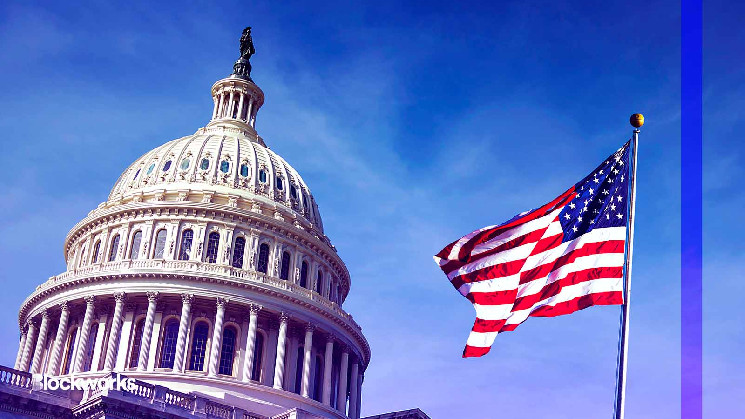As lawmakers scramble to get to an agreement before the June 5 deadline to raise the debt ceiling, two new crypto-focused bills debuted on Capitol Hill last week.
After a series of hearings focusing on stablecoins, how cryptocurrencies should be classified and who the primary regulator should be, lawmakers in the House and Senate moved ahead with bills focusing on two new topics.
Rep. Alex Mooney, R-W.V., introduced the Digital Dollar Pilot Prevention Act Thursday, a bill aimed at preventing a central bank digital currency, or similar government-issued token, from getting off the ground.
“CBDCs would threaten the liberties of law-abiding Americans and are being used by authoritarian countries right now to crack down on dissent,” Mooney said in a statement Thursday.
Mooney’s bill has received 14 cosponsors, all Republican, which has largely emerged as the party advocating against a CBDC over concerns about lack of privacy.
The bill comes shortly after the Federal Reserve teamed up with several foreign central banks on a report covering how CBDCs could impact the global economy. The report noted privacy, data governance and anonymity as key areas where legal issues could arise with a retail CBDC.
Also last week, members of Congress moved forward with a bipartisan effort to provide more transparency into the extent to which crypto is being used for dark web drug trafficking. Reps. Chris Pappas, D-N.H., and Tony Gonzales, R-Texas, introduced the Dark Web Interdiction Act on Monday while Sens. Maggie Hassan, D-N.H., and John Cornyn, R-Texas, brought a sister bill to the Senate floor.
The bills seek to impose harsher penalties on trafficking controlled substances on the dark web and directs the Attorney General to issue a report to Congress on the role of cryptocurrencies in dark web drug dealing. The report would specifically detail which tokens are being used most often and how individuals using cryptos could be identified.
The bills come as lawmakers on both sides of the aisle struggle to advance crypto policy. House Republicans and Democrats have released dueling stablecoin bill drafts, highlighting differences in how lawmakers view the role of state legislators and what issuers are granted approval.
Even bipartisan efforts, like the Responsible Financial Innovation Act, penned by Sens. Cynthia Lummis, R-Wyo., and Kirsten Gillibrand, D-N.Y., have struggled to gain momentum with key committees. Lummis and Gillibrand had said they would reintroduce the Act this past April, but the senators have not yet brought the bill to the floor this session.
 blockworks.co
blockworks.co
